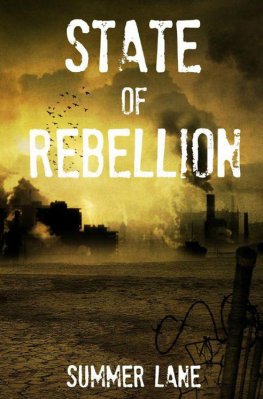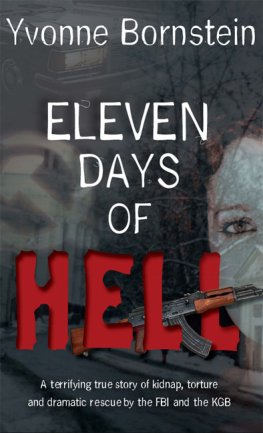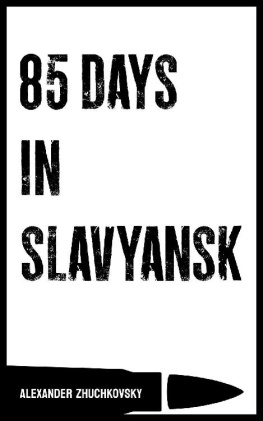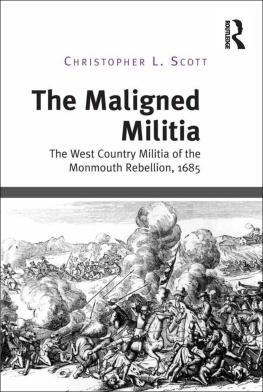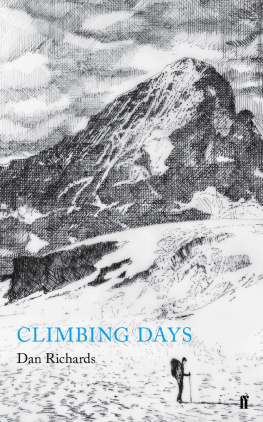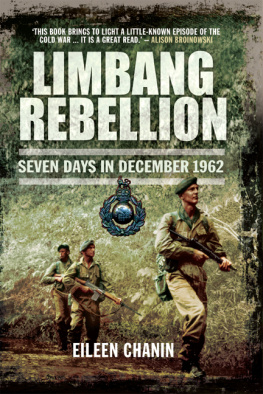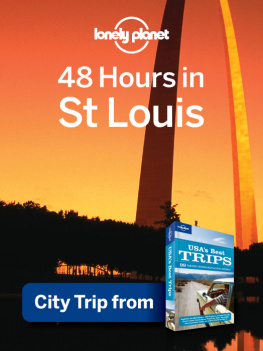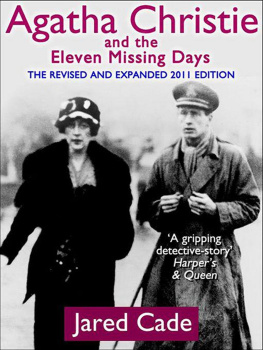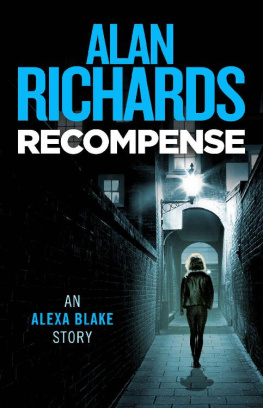INTRODUCTION.
Table of Contents
Twenty years have passed away since a band of hastily-gathered minute-men left their homes to defend the soil of Pennsylvania from the first threatened invasion of the State by the rebel army under General R.E. Lee. Viewed through the lapse of this long period, crowded as it has been with so many momentous events in the life of the nation, the incidents of that brief and comparatively unimportant campaign begin, nevertheless, from their increasing remoteness, to take upon themselves a degree of historic interest. In respect to both their significance and their adventure, they greatly exceed the occurrences which attended the march of the celebrated Advance Light Brigade to the defence of Philadelphia in the war of 181214, in which latter body of citizen soldiery the county of Berks had the honor to be liberally represented.
With many of the participants in the movements of September, 1862, that minor undertaking comprises the sum total of their personal experience of military service during the entire ordeal of our country's conflict. To them, therefore, the memories of that period of excitement and alarm are invested with a peculiar interesta sentiment which must to a degree continue to be shared by their descendants. In the belief that a narration of its details may serve to rekindle in the breasts of his surviving companions something of the enthusiasm which they originally inspired, the writer has been encouraged, after the lapse of nearly a generation, to undertake the pleasing and congenial task.
Fidelity to fact is at the least claimed for the present performance, which, devoid as it is of literary pretensions, may nevertheless be deemed not unworthy of an humble place among the contributions to the history of a stirring epoch in the annals of our good old Commonwealth at the trying period of the nation's struggle. The basis of the narrative is a personal journal of the service to which it refers, kept at the time it transpired, the entries in which were dictated by the feelings and impressions of the moment. These impressions, it is to be remembered, were those of a simple civilianone who felt little interest in the details of military service apart from the cause in which it is undertaken. Yet the relation may, from this very fact, commend itself the more to the friendly regard of his comrades, most of whom were at that period equally inexperienced in the proper discipline of the soldier. On the other hand, should it attract the notice of the veteran, it will doubtless serve to amuse him by comparison with his own experience amidst the greater perils of "grim-visaged war," which he is even yet so pardonably fond of recounting.
From what has been already advanced, it will be unnecessary to place any special emphasis upon the disclaimer which it nevertheless remains to make, that any possible object of applause is sought to be associated with the expedition which it is purposed to record. Very distinctly is the impression made at the time in the mind of the writer, preserved to the present, that in promptly proceeding to the scene of danger, the Pennsylvania militia were confronted with a more urgent incentive than that which animated the legions of brave men who had already gone forth to face the enemy on the distant battle-fields of the South. Our homes were threatenedthe horrors of desolating war seemed likely to be brought to our very doors. The instinct of self-preservation effectually appealed to even the most unpatriotic hearts. No other honorable alternative was left but to go out to meet the hostile invader. Alarms often repeated, by night and by day, suggested the imminence of the danger. Others, with a more deliberate devotion to their country's cause, had volunteered for long periods of service. To fail to rally for the protection of our own firesides, with all their consecrated associations, would have been unworthy of the very lowest requirements of patriotism. The most abiding sentiment of those who were called to no severer military duty than the militia campaign of 1862, or that of the following year, must always be a heartfelt appreciation of, and gratitude for, the services of the brave veterans of the War of the Rebellion, to whose heroic deeds we are indebted for the preservation of our liberties, and the blessings of a reunited country.
But, justice to the minute-men of 1862 requires it to be said that, although in the light of subsequent events, the achievements of their brief campaign seem to sink into such comparative insignificanceso marked indeed that the very narration of them appears to savor more of humor than of valorthere were among their number multitudes who were animated by as warm a patriotism as that which burned in the breasts of their gallant comrades then already at the frontwho were as ready as they to lay down their lives in defence of the dearest interests of freemen, and who, had the occasion presented itself, would have done equal honor to their country's service. It is not to be forgotten, moreover, that at the crisis when they marched to the rescue of the State, it could not be foreseen what was to be the issue of their mission, or how great the sacrifice which they might be called upon to make. It was cause for lasting gratification with them that their very presence upon the borders at the juncture when they appeared, and in the numbers in which they came, greatly contributed to encourage their brethren who were then passing through the heat and fire of the conflict, as well as to deter the progress of the invading foe. Raw and undisciplined as they undoubtedly were, who can now say that their prompt rendezvous at the centre of military operations did not signally aid the successful efforts of the army to turn backward the march of the enemy after the terrific shock which he received on the memorable field of Antietam?
L.R.
Reading , September, 1882.
ELEVEN DAYS IN THE MILITIA.
Table of Contents
After the reverses to our arms at the disastrous battles of the Second Bull Run and Centreville, in the latter part of August, 1862, and the retrograde movements of the Union forces in Virginia in consequence, the purpose of the enemy to follow up his advantage by endeavoring to take the Capital, invade the Middle States, and thus strike terror into the hearts of the people of the North, became immediately apparent. In the early part of September, war meetings were being held in Pennsylvania to raise the quota of the State in lieu of the draft then impending, in pursuance of the requisition of the President of the United States for three hundred thousand men. The Reserves had been called away to succor the hard-pressed army of McClellan, and the borders were left wholly unprotected at the inviting season of harvest. As a measure of precaution against the impending danger, Governor Curtin on the 4th of September issued a proclamation recommending the immediate formation of volunteer companies throughout the State, in conformity with existing militia laws, for home defence, and suggesting the closing of all places of business at 3 o'clock P.M. daily, in order to afford due opportunity for drill and preparation. On the next day, Mayor David McKnight of Reading, who was acting in that capacity in the place of Mayor Joel B. Wanner, then in the field as Major of the 128th Regiment of Pennsylvania Volunteers, also issued a manifesto, in pursuance of the spirit of the Governor's proclamation, requiring the assemblage of the citizens at certain places designated within their respective wards, for the organization of companies, and also the holding of daily drills from 4 to 6 P.m.




